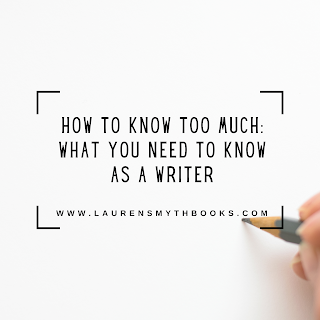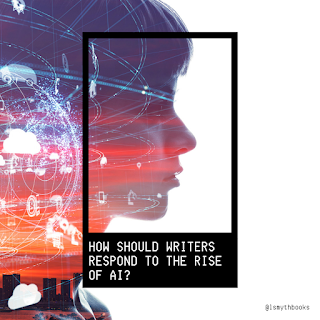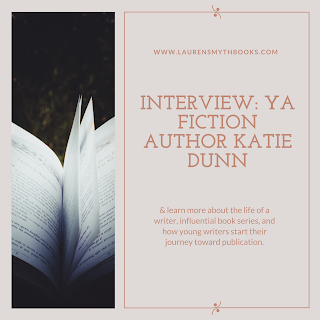How to Know Too Much
You've heard the jokes about writers' search histories. Mine is instructive:
- What is the acceleration due to gravity on an asteroid?
- How long does Novichok take to kill?
- Can naproxen sodium kill you?
- Are potassium and arsenic explosive when mixed?
And much more like it. If my FBI agent was paying attention, I'm sure I'd already be in jail.
As a writer, you probably already know that it isn't enough to just know about writing. Sure, you need to know how to describe your character eating a poisonous apple, and it has to be believable enough that readers feel they're really in the scene. But you also have to describe what happens afterward. Does the apple make them sick? If so, how? Why? You always have to pretend that somebody who knows more than you will be reading your book. You never know when a murderer expert in poisons will read about your poisonous apple and think, hmm, that wouldn't work if you tried that in real life. Discrepancies like this pull the reader sharply out of the world you've created.
You don't want to make the mistake of adding too much detail. For example, you don't need to tell your readers the exact chemical formula of whatever poison you put on your apple (unless, for some reason, it's plot-relevant). If they really want to know, they can find out for themselves. But you probably do want to have some idea of what kind of poison you're using, so you don't accidentally say that rat poison, for example, kills quickly and suddenly.
There are other situations where more practical knowledge comes in handy. (Hopefully you don't think extensive knowledge of poisoning is practical. If you do, we might need to have a talk, especially if you happen to be Sherlock Holmes.) For example, let's say you want to write a fictional story addressing an issue that's relevant to the real world - climate change, a pandemic, or anything similar. In order for people to understand and subscribe to the "moral" of your story, you'll need to make sure the information you use is factually accurate. People who already tend to disagree with your conclusion will pull it to pieces looking for ways to discredit your argument, so you want to make sure you've sealed every possible hole, even ones that don't seem to directly pertain to the plot.
Now that we've established why, as a writer, you want to know a lot of varied information, let's talk about how to get it. The obvious way is Google, and if you want to be really fancy, Google Scholar. But there are some other ways to collect information gradually. This can be especially helpful if you know you want to address a current issue, but aren't sure which one, and are looking for some information. Writers should generally be on top of current world events, and here are a few ways you can stay connected.
- Read the news, especially international news. If you live in the U.S., especially, international news tends to get ignored or understated. It's easy to miss just how much impact foreign trade deals have on the local economy, so be sure to stay up-to-date on news from around the world!
- Pick a subject and make it your "hobby" to know a lot about it. Mine are astronomy and physics, since both my parents majored in physics. Want to know Maxwell's four laws? The four kinematic equations? I know them! I don't use them every day - I don't use them most days - but they come in handy whenever I try to write sci-fi. Your hobby doesn't have to be science. It could be economics, anthropology, archaeology, or anything similar. But having some specific interest will train your mind to focus on something and retain information.
- Train yourself to be observant. Notice names on nametags, and if you see one you like, write it down. Look at a crumbling brick wall and try to think of how you'd describe it if you wanted to use it in a story. Try to notice the beauty in everyday things, and practice taking down mental notes and recreating what you saw later. This is also a good chance to try some writing exercises, which can help re-inspire you if you're feeling burnt out.
- Read/watch/play! No matter how good of a writer you are, there will always be someone better. Even if that wasn't true, you might find that reading someone else's book, watching their movie, or playing their video game helps you get into the atmosphere of the story you're trying to write. If you want to write a story set in the future, but you haven't lived in the future, try reading/watching/playing a story set in that time period. Maybe you'll be inspired with an idea you wouldn't have thought of otherwise!
If you're looking for some inspiration - writing, photos, or articles - be sure to visit me on Instagram, and explore the other articles on this website! Feeling inspired and want to share your writing with the world? Publish your own article on this blog.



Comments
Post a Comment